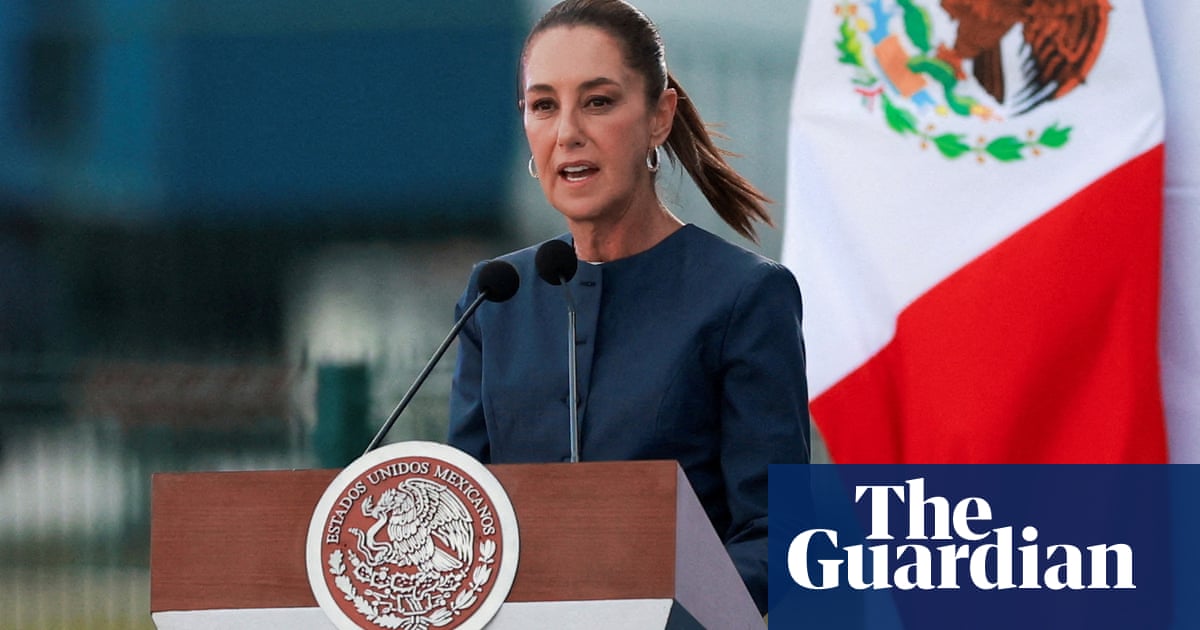Only about three in five fathers take paternity leave, despite clear benefits for families and society. Campaigners are right to stress this, as they push for new entitlements to be added to the employment rights bill.
Time off helps dads and co-parents bond with newborns and builds habits that last. Mothers are more supported and less alone as they recover from childbirth and adapt to life with a baby, which for most includes the challenge of breastfeeding. Older siblings have another parent to spend time with and look after them. Last but not least, new babies gain the advantage of a second carer – which, as well as immediate practical effects at the time, can help to prime the adult for responsibility later on.
Having two engaged parents is strongly associated with better outcomes for children. Getting fathers more active in parenting and domestic labour has long been a goal of feminist reformers for another reason as well: the unequal division of care underpins gender inequality – including the pay and wealth gaps.
Given all this, it is disappointing that, more than two decades after Labour introduced statutory two‑week paternity leave, two in five dads don’t take it and one in five don’t take any leave at all. The reasons are mostly a lack of eligibility or affordability at what is, anyway, an expensive time. Even some who take leave return to work before the two weeks are up. Statutory paternity pay is £187.18 a week, which is the same as maternity pay after six weeks (for the first six weeks, mothers receive 90% of their pay) – though some employers are more generous.
When it was introduced in 2015, shared parental leave was also aimed at supporting fathers and co-parents to be more actively involved, by enabling mothers to transfer a portion of their maternity leave. But take-up is so low that the policy is widely viewed as a failure. Hence campaigners had high hopes of Labour’s employment rights bill as a chance for improvement. They are justifiably disappointed that while it will extend paternity leave to about 30,000 more fathers, the pay and two-week period on offer are unchanged. Instead, ministers have promised a review.
In the House of Lords this week, peers including Labour’s Ruth Lister will try to flesh out this offer. Her amendment proposes that a month of paid leave reserved for fathers and co-parents should be among the options consulted on, along with an allowance for self-employed fathers similar to that which mothers receive. While ministers are inevitably reluctant to increase costs, campaigners are right to push them. The current scheme is ungenerous by international standards and places paternity leave out of reach for too many families. Campaigners make a convincing case that this is a template for low expectations later on.
Transparency is only a first step. Campaigning organisations such as Mumsnet and the Fatherhood Institute are right to demand that larger employers publish parental leave policies, just as they report gender pay gap data. A lack of information about workplace practice is a barrier to reform – but it’s far from the only one. Without earnings-linked paternity entitlements and extended leave, many fathers will continue to be locked out. As it stands, Britain’s paternity provision is a template not just for low expectations, but for inequality. Ministers must go further.
Do you have an opinion on the issues raised in this article? If you would like to submit a response of up to 300 words by email to be considered for publication in our letters section, please click here.

 4 hours ago
6
4 hours ago
6













































